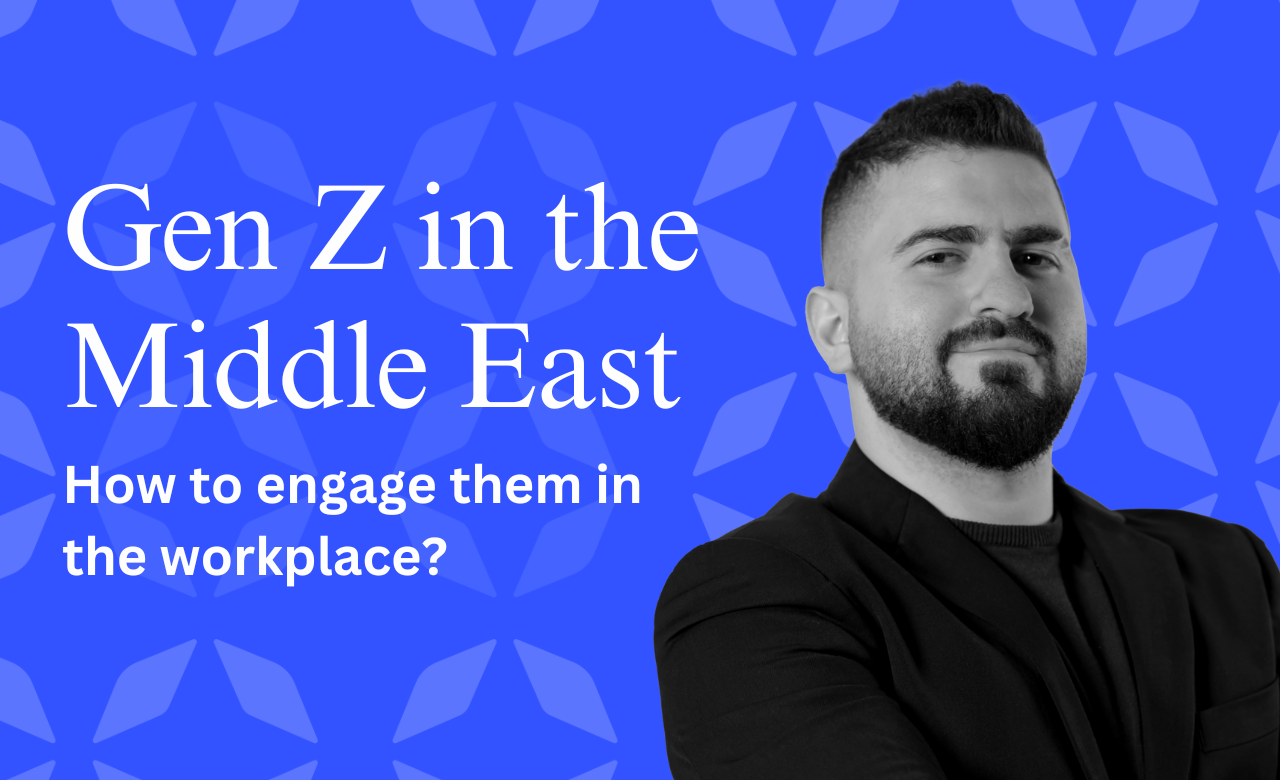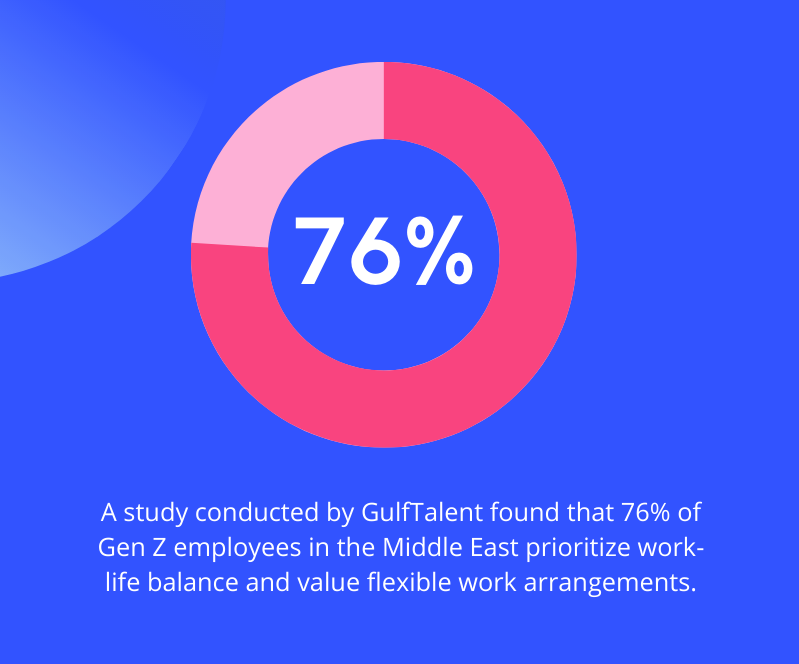As the world progresses, organizations across the Middle East are faced with the challenge of engaging Generation Z, the demographic cohort born between 1997 and 2012. With their unique set of values, aspirations, and technological fluency, this group presents both opportunities and complexities for leaders. To effectively engage this generation, it is crucial for organizations to understand their characteristics and preferences. In this article, we will explore key strategies leaders can employ to successfully engage Gen Z.
Gen Z's work expectations differ significantly from those of Millennials and Baby Boomers. While Millennials value work-life balance and seek job stability, Gen Z craves meaningful work and opportunities for personal growth. They prioritize purpose and social impact over financial gain. Unlike Baby Boomers, who often followed a traditional linear career path, Gen Z values flexibility and is open to exploring various career options.
Within the worklplace, they seek constant feedback and value a collaborative and inclusivity. Leaders need to recognize these contrasting expectations and tailor their engagement strategies accordingly, leveraging resources to bridge the generational gaps and create a harmonious and productive work environment for all generations.. Engaging Generation Z requires leaders to adapt their leadership styles, embrace technology, and create an inclusive and purpose-driven work environment.
By leveraging FranklinCovey's content and solutions, organizations can equip their leaders with the necessary tools to engage and empower this dynamic generation. Embracing the unique characteristics of Gen Z and aligning organizational strategies with their aspirations will position organizations in the Middle East for long-term success in an ever-evolving world.
If you are an HR leader or responsible for managing an organization, take into account these three tips while crafting policies and procedures to engage and empower your Gen Z workforce:
1) Emphasize transparency and inclusivity: Gen Z values transparency and inclusivity in their interactions with leaders. Leaders should create an open, trusted and inclusive culture where employees feel comfortable expressing their opinions and ideas. A high-trust work environment is the foundation of a winning culture. When trust is pervasive in the workplace, employees feel supported, respected, and empowered. Engagement and retention increase in cultures built on trust, which leads to greater innovation, increased productivity, and improved business results.
Inclusive Leadership: Practical Ways to Cultivate Inclusion & Build a Better Team™ shows leaders that leading inclusively isn’t about doing more.
By prioritizing inclusion in their daily actions, leaders have the opportunity to actively engage their Gen Z team members. This means consciously integrating inclusive behaviors into their routines, aiming to challenge and overcome biases. Such an approach fosters an environment where every individual feels a genuine sense of value, providing them with the platform to flourish and seize opportunities for growth and success.
2) Provide opportunities for growth and development: Gen Z craves continuous learning and personal growth. Leaders can further engage their Gen Z team members by nurturing their leadership potential and enhancing performance through consistent feedback and coaching. By actively developing their skills and providing targeted mentorship programs, training initiatives, and ample career development opportunities, leaders can cater to Gen Z's desire for continuous learning and personal growth. This approach not only fosters their professional development but also creates a sense of investment and commitment among Gen Z team members, leading to improved performance and increased engagement within the organization.
Effective leaders develop the leadership potential in others and improve performance through consistent feedback and coaching. When leaders coach potential, they move from solving problems by telling others what to do to developing other leaders and building team members’ capacity. Leaders coach potential by using feedback, practicing key coaching skills, and implementing the Coaching Framework.
- Feedback: Giving frequent feedback is an important way to reinforce great work, intentionally build team culture, and help improve performance
- Key Coaching Skills:There are three key skills to use when coaching: listening, questioning, and acknowledging. These three skills help leaders set aside their agendas, explore options, and build capability.
- Coaching framework: The Coaching Framework begins individually with personal preparation and continues with the coach and coach working together through the four steps: clarify, learn, explore, and commit.
3) Create a flexible work environment: Gen Z seeks work environments that offer flexibility and embrace new ways of working. Leaders should adopt agile practices and create policies that support remote work, flexible hours, and a healthy work-life balance. But how companies can create the ideal work environment for this generation? Leaders should focus on:
• Create a greater sense of belonging so each team member wants to bring their whole self to work.
• Strengthen communications so team members and team leaders are clear, aligned, and able to pivot.
• Balance flexibility with accountability so people have freedom to get things done in ways that work for them.
-----------------------------------------------------------------------------------
Invest in a culture where people master new habits of effectiveness, trust, and inclusion — and bring out more of each person’s best efforts and ideas.
FranklinCovey provides learning solutions based on 35+ years of research and refinement to help your organization build and improve its culture. For more information please contact us at info@franklincoveyme.com


